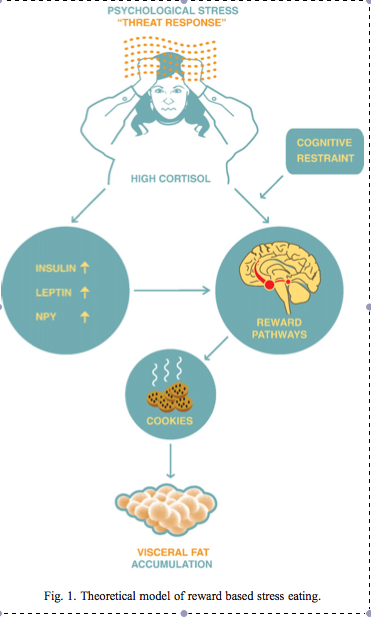Rhesus Monkeys and Biological Addiction
Biology 342 Fall 2012
by Chrissy Schmidt and Liz Pekarskaya
| Home | Phylogeny | Ontogeny | Mechanism | Adaptation | References | Course Home |
Adaptive Value
Adaptive value is the combination of all factors that affect the survival of an animal. No one would argue that addiction serves to increase survival of an animal. However, the mechanism throughwhich addiction acts, currently thought to be the mesotelencephalic dopamine system, or reward system, is massively adaptive.

What is the adaptive value of addiction?
While it is unquestionably not adaptive to have a motivation that is unrelated to the survival of, and in fact detrimental to the survival of an animal, it is also important to understand that part of why addiction is so difficult to treat is because it interacts with a system that is massively important to survival.
The mesotelencephalic dopamine system is functionally what allows an organism to learn from and differentiate rewarding stimuli from unrewarding stimuli, and thus what situations are less costly than beneficial, situations that should be approached, and what situations are more costly than beneficial, and should be avoided. [17]
From a more general perspective, this means that this is a function of the brain that allows an animal to decide if this is an action it wants to repeat again, and thus produces a feeling of positive reinforcement for actions such as sleeping when tired or having sex. In other words, it produces a feeling reward, thus explaining the colloquial name of the reward circuit.
A more complicated example is eating and craving fatty foods. Anecdotally, craving of fatty foods is common in a specific species, humans. One of the most applicable reasons as to why humans eat foods with fats in them is that they contain nutrients we cannot create ourselves (linoleic and linolenic fatty acids). These fatty acids make up many of the cellular membranes in the animal body.[18] But fatty foods are also pleasurable to taste. This relates to the reward circuit, which positively reinforces a behavior that increases survival.
Complicating matter further animals also eat when we are not hungry. Several studies have compared stress response and eating behavior [20] and recent work in rhesus monkeys has led to the same conclusions [21]. Increased stress increases palatable food consumption beyond that of normal eating behavior, relating stress regulation to areas of the reward circuit.
In summary, the reward circuit is a large part of why animals function and survive. It provides motivation for action involving both basic and complicated behaviors. Damage to this circuit would not be beneficial to the survival of an animal.
How does this relate to addiction?

A system that regulates reward and motivation has a massive weakness. The same system can be hijacked with the application of foreign or competing chemicals. Specifically, the reward system can be altered by taking in anything that alters the function of it’s primary neurotransmitter, dopamine. Almost all addicting drugs affect dopamine transmission, with cocaine specifically altering the ability to reuptake the neurotransmitter by blocking the receptors of the pre-synaptic neuron[5]. Addiction is the result of an adaptive mechanism being abused.
